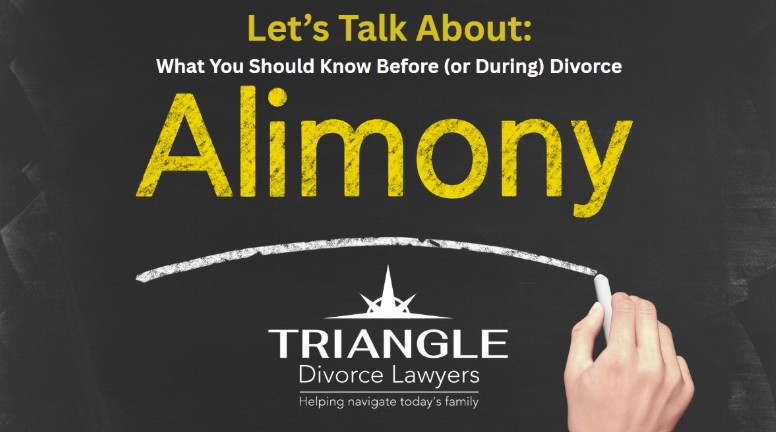North Carolina residents might like to learn about a story involving two contradicting rulings in a child custody case that started when the grandmother of a 5-year-old boy and an 8-year-old boy filed for custody in a tribal court, as the boys are members of the Northern Cheyenne Tribe. The tribal court granted her physical custody and immediate emergency guardianship as the woman and social workers cited abuse by the boy’s father.
The boys lived in Glendive in Montana with their grandparents for three years, but the grandmother took the boys to the Cheyenne tribe’s land when fearing that the father would be granted custody by a state court judge. The grandmother is not under obligation to follow state court jurisdiction on tribal land, but there is now a $25,000 warrant for her arrest after an emergency order was filed on Oct. 5 by the boy’s father after a Montana judge gave him custody.




